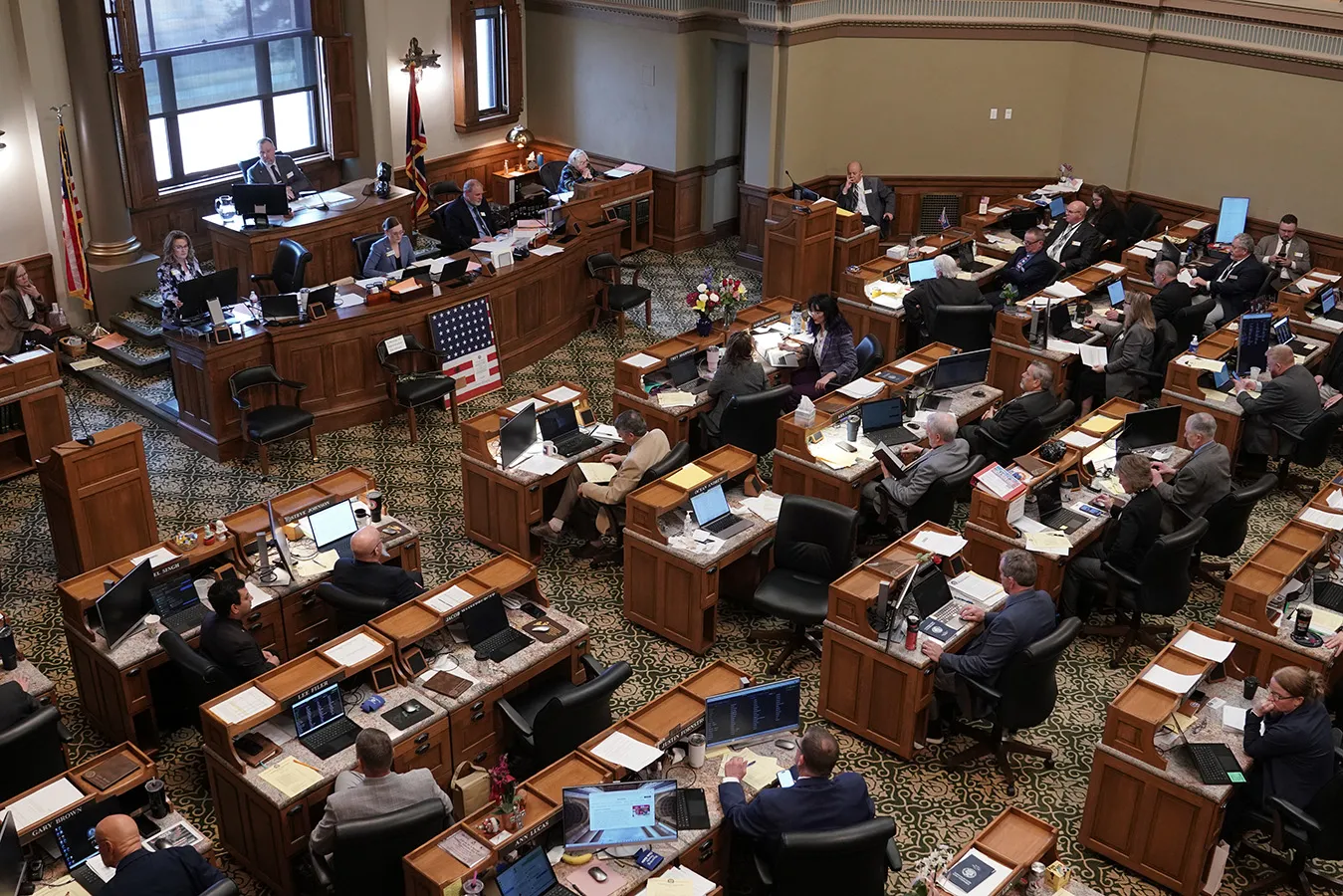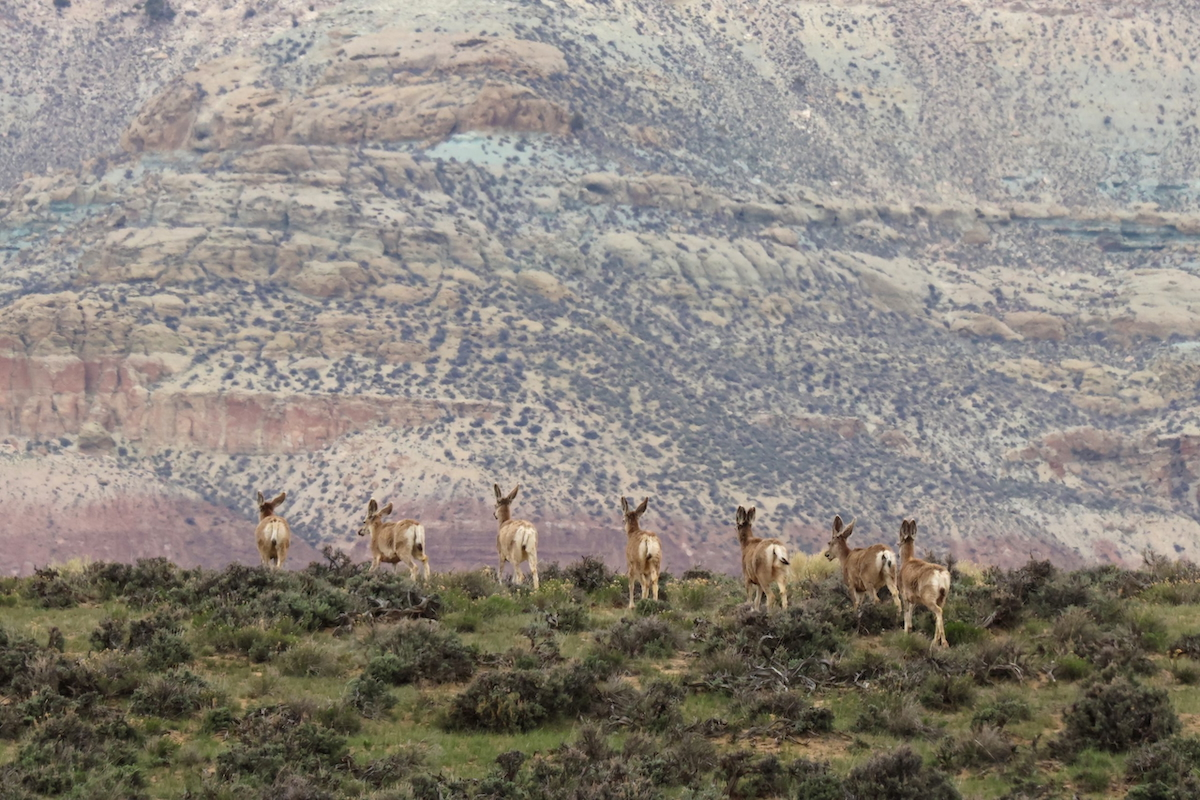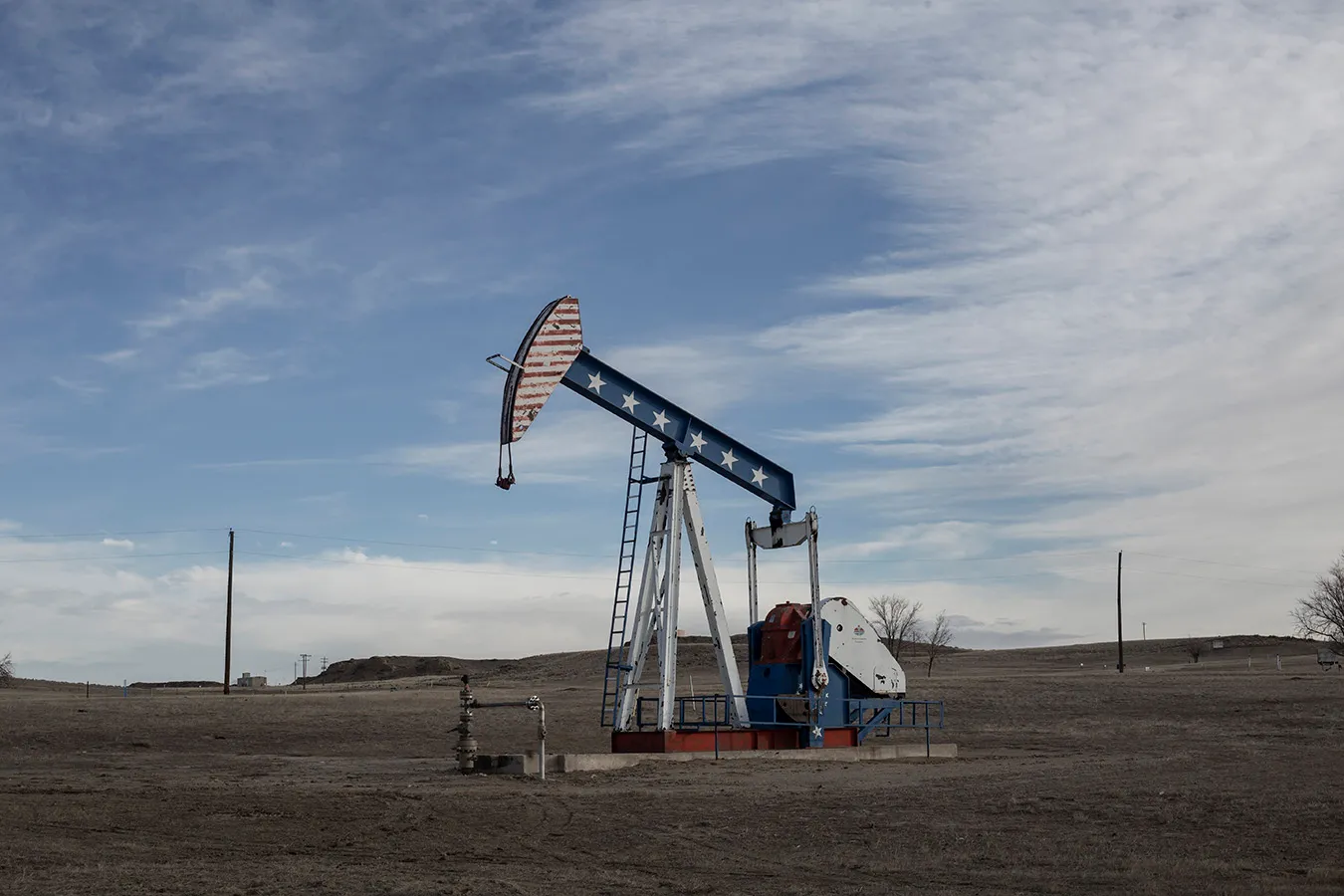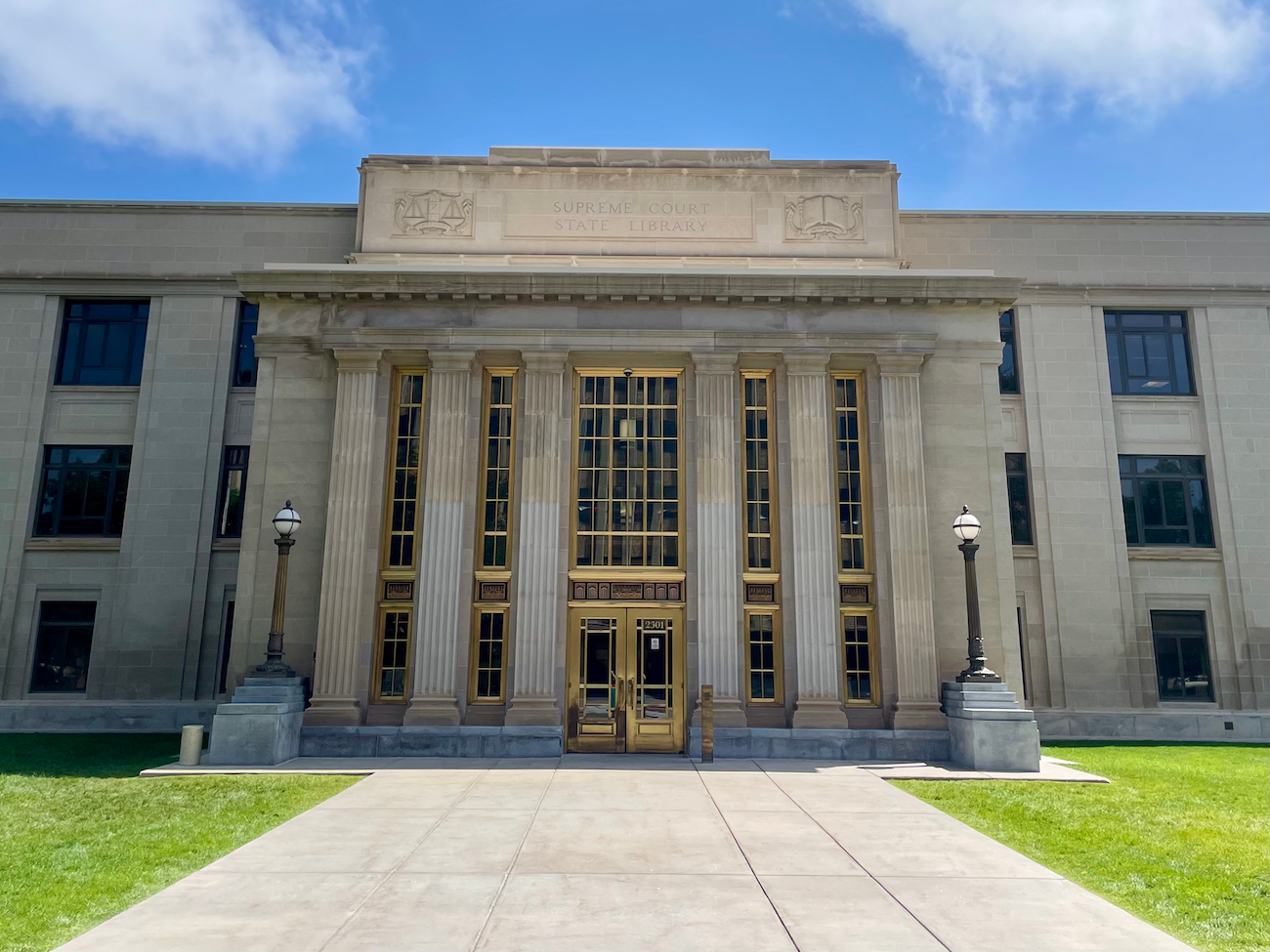A controversial proposal to sell over one million acres of federally owned public land has been removed from the Senate’s budget reconciliation bill following widespread backlash, Oil City News reports.
Utah Senator Mike Lee announced Saturday evening that he was withdrawing the provision after failing to secure guarantees that the land would be sold exclusively to American buyers.
“I was unable to secure clear, enforceable safeguards to guarantee that these lands would be sold only to American families – not to China, not to BlackRock, and not to any foreign interest,” Lee stated in a post on X, formerly Twitter. “For that reason, I’ve made the decision to withdraw the federal land sales provision from the bill.”
The now-removed proposal aimed to address housing affordability concerns in Western states by mandating the Bureau of Land Management to auction off public lands, which are currently held in trust for all Americans. However, the plan drew swift opposition from conservationists, recreation groups, and many Western residents, who argued it could threaten public access, environmental stewardship, and local economies reliant on outdoor recreation.
Critics also noted that current laws already allow for land sales under certain conditions, and many viewed the proposed measure as a significant departure from long-standing values of public land access in the West. The proposal included expedited sales processes and limited public input, further fueling opposition.
Following the withdrawal, conservation and outdoor organizations expressed relief.
“Public lands are the cornerstone of our conservation legacy,” said Chris Wood, president and CEO of Trout Unlimited.
Others were more blunt in their reactions. “Total faceplant,” commented Land Tawney, co-chair of American Hunters & Anglers, noting that Lee had revised the proposal multiple times before ultimately removing it.
A coalition representing the outdoor recreation industry, which contributes an estimated $1.2 trillion to the US economy, also criticized the approach.
“Selling off public lands in this way was not just out of touch with public sentiment,” the Outdoor Recreation Roundtable stated, “it could have impacted businesses, jobs, public health, and the many rural communities that depend on access to outdoor recreation for economic development and quality of life.”










The latest news in your social feeds
Subscribe to our social media platforms to stay tuned